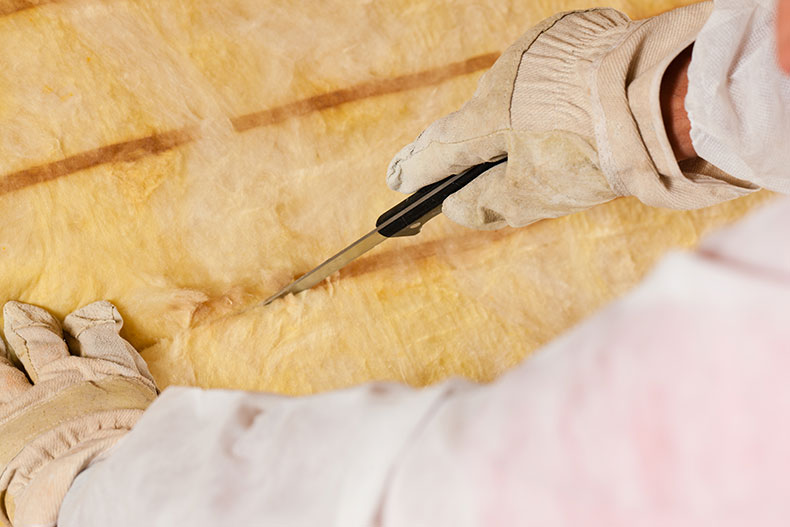For part two of our Energy Talk series, we will discuss insulation and ways to keep your home warm in winter months. You can read Part 1 here.
Insulation
Heat loss through the ceiling and walls in your home could be very large if the insulation levels are less than the recommended minimum. If the attic hatch is located above a conditioned space, check to see if it is at least as heavily insulated as the attic, is weather stripped, and closes tightly. In the attic, determine whether openings for items such as pipes, ductwork, and chimneys are sealed. Seal any gaps with an expanding foam caulk or some other permanent sealant. Be sure to use a non-combustible sealant when sealing gaps around chimneys or other heat producing devices.
Selecting the proper R-value (thermal resistance) is key to proper insulation within your home. An R-value of R30 to R60 is recommended for most attics, while a value of R22 to R38 is the proper level for ceilings and floors. Walls and cavities should be insulated at a minimum of R13. If the sub-space is enclosed and contains heating or cooling appliances, air ducts or plumbing, you should probably insulate the sub-space perimeter rather than the living space floor. Your water heater, hot water pipes, and furnace ducts should all be insulated. Finally, if your crawlspace is open to the exterior, determine whether there is insulation under the living area flooring.
Inspect Heating and Cooling Equipment
Inspect heating and cooling equipment annually, or as recommended by the manufacturer. If you have a forced-air furnace, check your filters and replace them as needed. Generally, you should change them about once every month or two, especially during periods of high usage. Have a professional check and clean your equipment once a year.
If the unit is more than 15 years old, you should consider replacing your system with one of the newer, energy-efficient units. A new unit would greatly reduce your energy consumption, especially if the existing equipment is in poor condition.
If you are uncertain of your audit’s finding, contact one of our Energy Specialist’s at 704-289-3145 to schedule an in-home energy audit. Or, try a self-lead audit online.
Audit my HomeVisit our Energy Center at union-power.com to obtain energy savings tips and tools.
Try our Energy Savings Calculators

